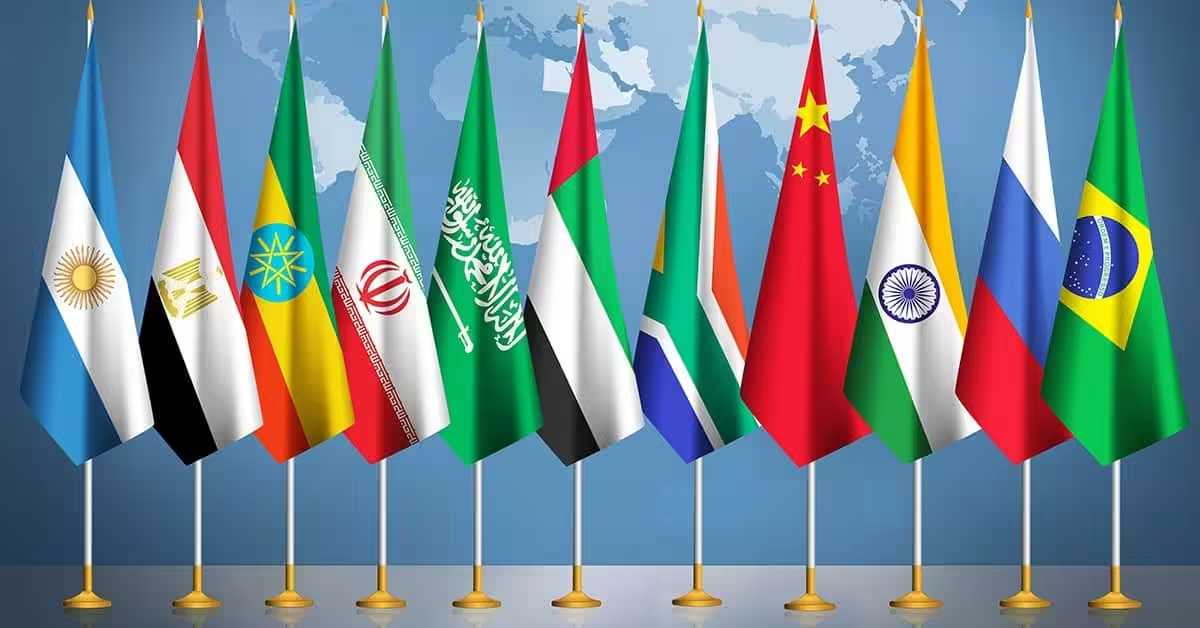|
Getting your Trinity Audio player ready...
|
The BRICS alliance (Brazil, Russia, India, China, South Africa) is making waves in the international financial system. Their ambitious agenda? To dethrone the US dollar as the king of global trade and usher in an era of local currency settlements.
Why Ditch the Dollar?
BRICS members view the US dollar as an obstacle to their economic growth. Reliance on the dollar exposes them to fluctuations in US monetary policy and potential restrictions due to US sanctions. By promoting local currencies, they aim to:
- Gain Greater Control: Local settlements grant BRICS nations more autonomy over their financial systems.
- Boost Domestic Economies: Increased use of local currencies can strengthen domestic businesses and financial institutions.
- Reduce Vulnerability: Diversifying away from the dollar lessens dependence on US economic whims.
The De-dollarization Push
The BRICS strategy is multi-pronged:
- Bilateral Trade Deals: Russia and India, for example, are settling oil purchases in rupees and rubles, bypassing the dollar entirely.
- Developing Infrastructure: The New Development Bank, a BRICS initiative, offers loans denominated in local currencies for infrastructure projects.
- Creating Alternatives: Proposals for a BRICS basket currency, a common payments system using central bank digital currencies (CBDCs), are under discussion.
Challenges and Long Road Ahead
While the BRICS vision is bold, significant hurdles remain:
- Limited Liquidity: BRICS currencies lack the deep liquidity of the US dollar, making them less attractive for international transactions.
- Dominant Dollar System: The current global financial infrastructure is heavily dollar-centric, making a shift challenging.
- Internal Disagreements: BRICS members have diverse economic priorities and may not always have aligned interests.
The BRICS initiative is resonating with other developing economies. Several African nations are considering joining the de-dollarization movement. If successful, it could lead to a more multipolar global financial system, with regional currencies playing a more prominent role.
The US Response
The US remains the world’s largest economy, with a robust financial system. While the BRICS agenda could pose a long-term challenge, the dollar’s dominance is unlikely to disappear overnight. Still, the US will likely focus on maintaining its economic strength and adapting to a changing financial landscape.
The BRICS de-dollarization initiative marks a significant shift in the global financial landscape. Whether it can topple the US dollar’s reign remains to be seen. However, one thing is certain: the future of international trade might be a world where local currencies hold greater sway, reshaping the global financial order.
Disclaimer: The information in this article is for general purposes only and does not constitute financial advice. The author’s views are personal and may not reflect the views of Chain Affairs. Before making any investment decisions, you should always conduct your own research. Chain Affairs is not responsible for any financial losses.
I’m a crypto enthusiast with a background in finance. I’m fascinated by the potential of crypto to disrupt traditional financial systems. I’m always on the lookout for new and innovative projects in the space. I believe that crypto has the potential to create a more equitable and inclusive financial system.



